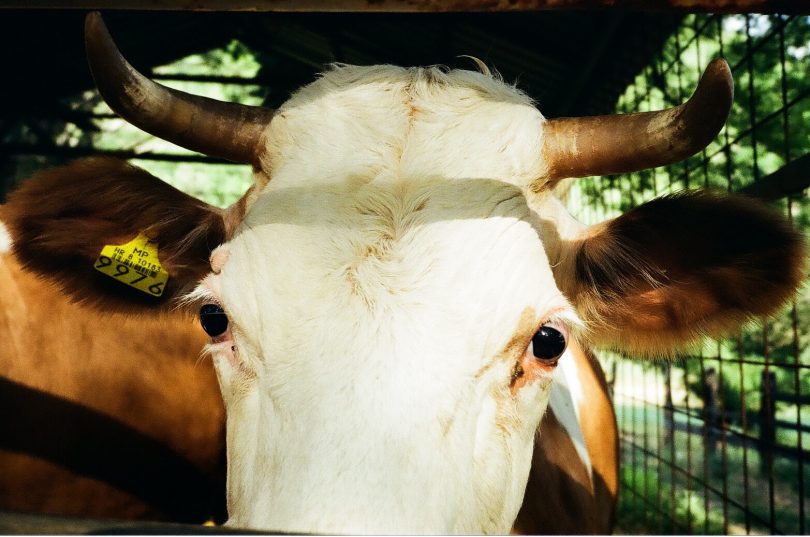With climate change at the front of social discussion, the population is wondering what they can do to help. People are unaware of how their dietary choices effect climate change, but what’s the state of beef consumption around the world and why should we think about it?
Cattle, as most of us know, release methane which is a powerful greenhouse gas; one methane particle is equivalent to twenty three carbon dioxide particles, and as we can see in the chart below, almost all methane in the atmosphere comes from cattle.
On average, cows produce 120kgs of methane each year which is almost 15 times the amount sheep produce and 80 times the amount that pigs produce.
Since 1998, the consumption of beef has been steadily decreasing in some developed countries, although we can see a slight uptick in some of these countries.
Meanwhile, beef consumption has increased in a number of developing countries in the last two decades. However, excluding Brazil, this number remains quite low.
When beef is consumed, what we often do not see is the environmental cost, including the carbon dioxide created in the processes of beef production.
“I can’t think of an easier out than changing your diet,” said Research Professor and Environmental Physicist, Gidon Eshel, in the documentary ‘Before The Flood’.
The carbon dioxide released in the process of making a one pound burger is equivalent to 200 hours of 60 watt lightbulb use, 24 hours of window air condition use and driving 68 kilometres in a Prius, said Eshel.
This is a complex issue, however. Journalist and ex-farmer , Isabella Tree said that up to 70% of the carbon in our cultivated soils has been lost to the atmosphere” in her Guardian article ‘If You Want To Save The World, Veganism Isn’t The Answer‘.
Certain wild plants including the Angelica, Common Fumitory, Shepherd’s Purse and Bird’s-Foot Trefoil have been tested in the diets of lambs and has resulted in “reduced emissions of methane by 70%,” she said.
Additionally, the decreased demand for beef is affecting the livelihood of beef farmers across the world.
According to industry magazine Farmers Weekly, the falling demand for beef is a result of consumers being ‘assaulted by a variety of negative messages about red meat, including warnings over obesity, cancer and the effect of cattle on the environment’.
Ulster Farmers Union beef and lamb chairman, Sam Chesney said in the same article that “most beef farmers are definitely in the red”.
So, is moving to a beef-free diet the most effective way to reduce methane emissions into the atmosphere and slow climate change, or is it worth looking into alternative methods for the sake of our cattle farmers?

